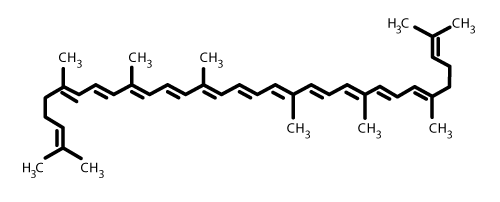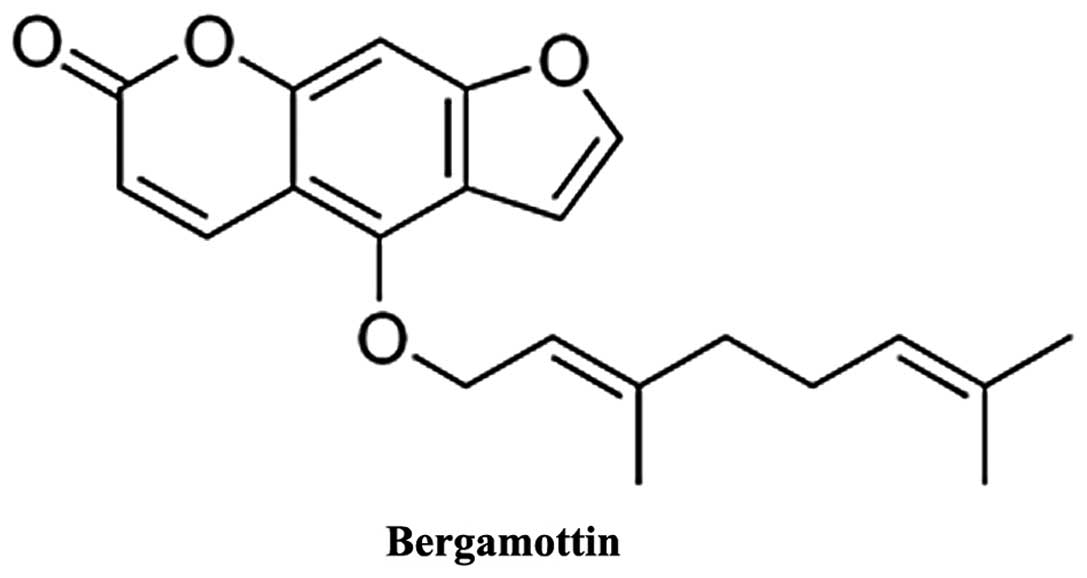Grapefruit - medication interactions (Pharmacology #3)
Grapefurit
- Grapefruit was first discovered on the island of Barbados in the Carribean, from where it was taken to America. Grep was then grown as an ornamental plant, but the fruit has been popular since the 19th century. Today we recognize the three color forms: white, pink and red

What causes a grapefruit's colour?
Well, pink and red grapefruits contain a compound named lycopene. The lycopene absorbs all but the longest wavelengths of visible light, causing it to appear red. (By the way, lycopene is the main compound of tomatoes)

Grapefruit contains high levels of vitamin C, B1 and K, the fruit itself is charged with beneficial natural flavonoids. Grep increases the immune system, improves blood circulation, lowers cholesterol levels in the blood, and frequent consumption reduces the risk of lung and stomach cancer. The bitter taste of grapefruit leads to the use of sugar, but this combination is not very appropriate because the grapefruit with sugar in the stomach is fermenting.
Interaction of Grep with medications
- Grapefruit is known to interact with a large number of medications. Grapefruits contain compounds called furanocoumarins: bergamottin and dihydroxybergamottin are the most important in this interaction.

Bergamottin and Dihydroxybergamottin inhibit enzyme called CYP450 which is responsible for breaking down drugs in the body. So if we drink grapefruit juice while we' re taking somedicines that interact with grep, the medicine can't be broken down in our body (as we have no longer the enzyme CYP450), so this can lead to higher concentration of the drug in the bloodstream, which can causes unpleasant side effects.
Drug that interact with grapefruit:
- benzodiazepines (e.g Xanax)
- amphetamines
- ritonavir
- caffeine
etc.
This post has received a 2.79 % upvote from @boomerang.